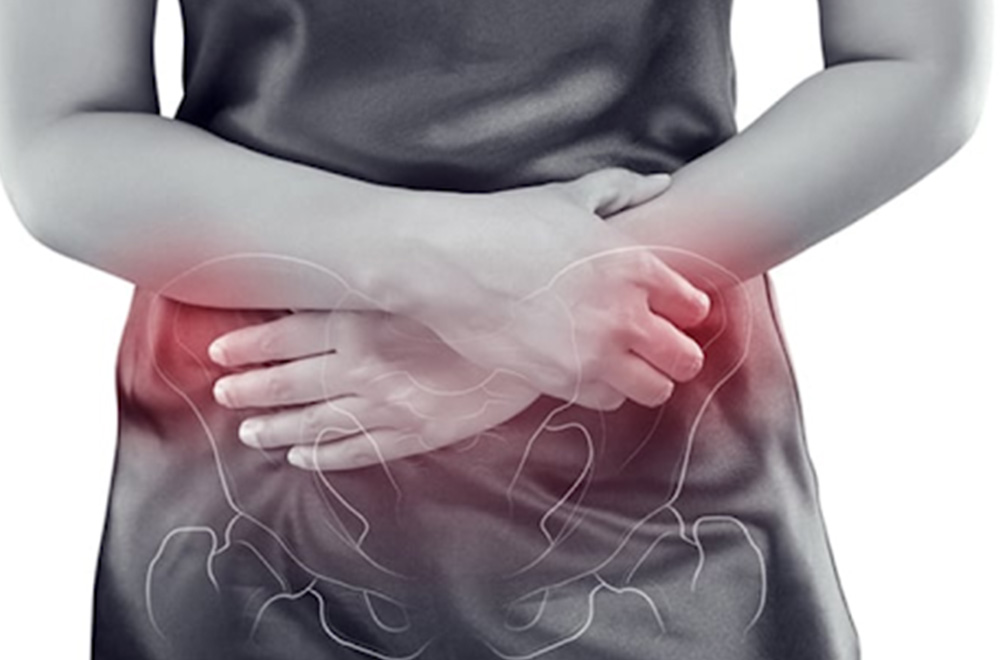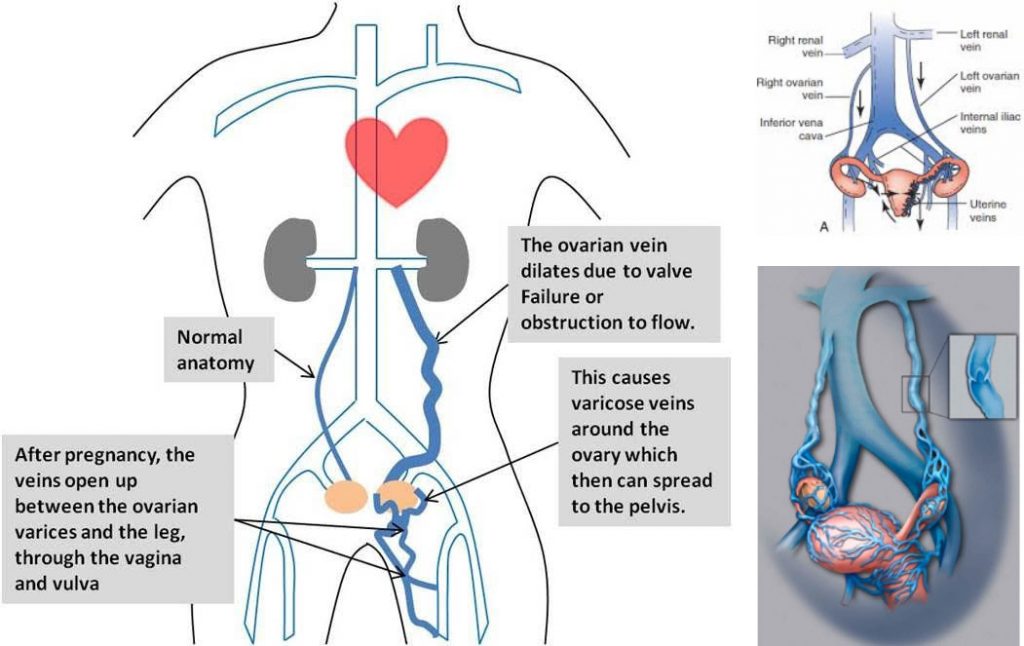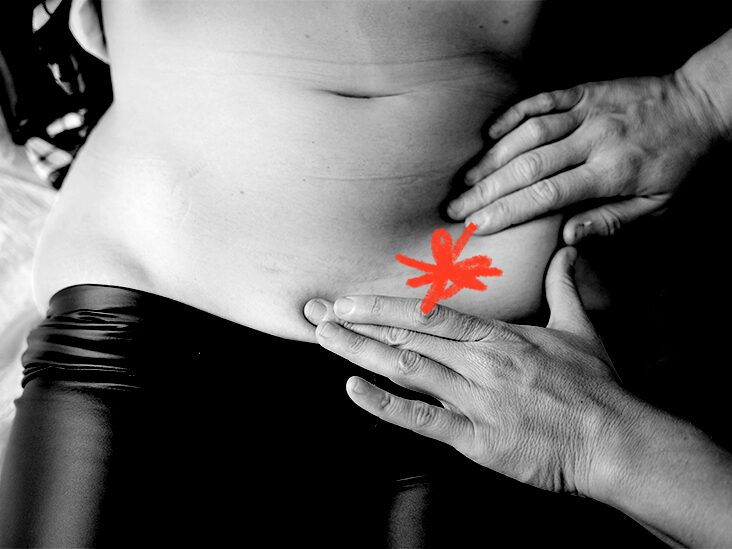Pelvic venous congestion syndrome: female venous congestive syndromes and endovascular treatment options, CVIR Endovascular
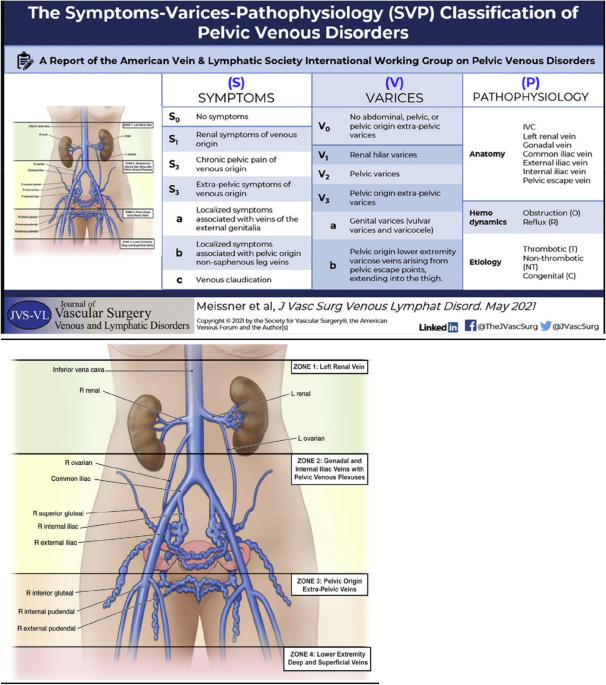
Pelvic venous congestion syndrome (PVCS) is a common, but underdiagnosed, cause of chronic pelvic pain (CPP) in women. PVCS occurs usually, but not exclusively, in multiparous women. It is characterized by chronic pelvic pain of more than six months duration with no evidence of inflammatory disease. The patients present to general practitioners, gynaecologists, vascular specialists, pain specialists, gastroenterologists and psychiatrists. Pain of variable intensity occurs at any time but is worse in the pre-menstrual period, and is exacerbated by walking, standing, and fatigue. Post coital ache, dysmenorrhea, dyspareunia, bladder irritability and rectal discomfort are also common. Under-diagnosis of this condition can lead to anxiety and depression. A multidisciplinary approach in the investigation and management of these women is vital. Non-invasive imaging (US, CT, MRI) are essential in the diagnosis and exclusion of other conditions that cause CPP as well in the definitive diagnosis of PVCS. Trans-catheter venography remains the gold standard modality for the definitive diagnosis and is undertaken as an immediate precursor to ovarian vein embolization (OVE). Conservative, medical and surgical management strategies have been reported but have been superseded by OVE, which has a reported technical success rates of 96–100%, low complication rates and long-term symptomatic relief in between 70–90% of cases. The condition, described in this paper as PVCS, is referred to by a wide variety of other terms in the literature, a cause of confusion. There is a significant body of literature describing the syndrome and the excellent outcomes following OVE however the lack of prospective, multicentre randomized controlled trials for both investigation and management of PVCS is a significant barrier to the complete acceptance of both the existence, investigation and management of the condition.

2023 Year in Review - CVIR Endovascular - CIRSE's open access journal

Pelvic Congestion Syndrome: An Underdiagnosed Pelvic Pain Condition

Frontiers Endovascular Treatment of Pelvic Congestion Syndrome: Visual Analog Scale Follow-Up
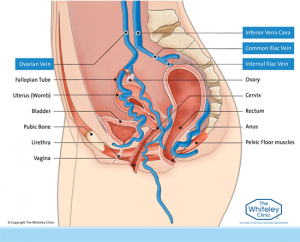
Pelvic Congestion Syndrome - Physiopedia

Female Pelvic Vein Embolization: Indications, Techniques, and Outcomes. - Abstract - Europe PMC

BIR Publications

Pelvic congestion syndrome: axial contrast enhanced venous phase image

Endovascular intervention for pelvic congestion syndrome is justified for chronic pelvic pain relief and patient satisfaction - ScienceDirect

Stephan Nilson posted on LinkedIn

Pelvic Congestion Syndrome - Clinical Applications - Embolization Therapy: Principles and Clinical Applications, 1 Ed.

The 5 Vascular Causes of Chronic Pelvic Pain: What Every Primary Care Provider & Ob-Gyn Should Know - Get Healthy Veins





